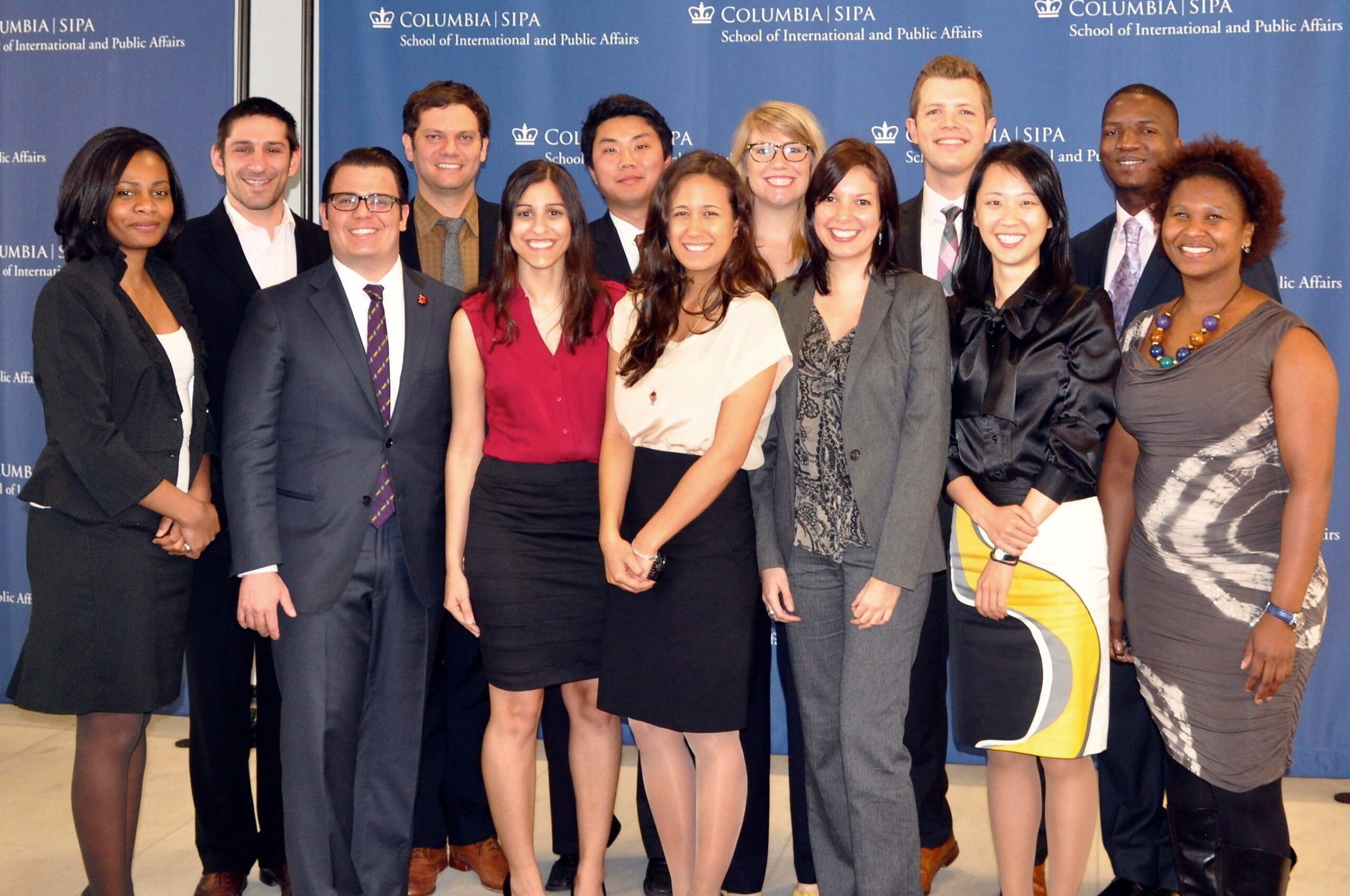
ABOUT
Energy Executive. Electricity MARKET Innovation leader. INVENTOR & Author.
Dr. Joe Nyangon is an author of 1 patent, 7 books and book chapters, and 60+ academic papers that have been published in leading journals and conferences of Engineering, Energy, Public Policy, Economics, Management Science, Decision Analytics and Artificial Intelligence. He is an American energy executive and leader in electricity market innovation, currently serving as the Vice President of Solutions for the Americas region at Energy Exemplar, a software company empowering transformative energy decisions by supporting businesses worldwide in modeling and optimizing cleaner, smarter and more resilient energy systems. In this role, he leads the strategic direction of the solutions team, focusing on driving transformative decisions within the energy markets across the Americas. Prior to this, Dr. Nyangon served as the Deputy Director of Partnerships at the U.S. Department of Energy in Washington, D.C., where he led high-impact investment programs focused on energy efficiency, electrification, and industrial policy. His efforts also supported the improvement of U.S. building performance standards, grid infrastructure investments, and market competitiveness.
Dr. Nyangon managed over $10 billion in investments from the Inflation Reduction Act (IRA) and Infrastructure Investment And Jobs Act (IIJA), directing funding to U.S. states, territories, tribes, and local governments as well as collaborating with a wide range of stakeholders, including national laboratories, utilities, and other federal agencies. These efforts aimed to accelerate the deployment of federal funding and drive the commercialization of clean energy solutions. Among his initiatives was the $8.8 billion Home Energy Rebates Program, which provides rebates for home efficiency upgrades and electrification, improving building comfort and reducing energy costs while fostering high-quality job creation. Additionally, he oversaw the $1.25 billion Building Codes and Performance Standards Program, which supports the adoption of innovative energy codes and technical assistance for energy savings. Dr. Nyangon also managed the $260 million Workforce Training Program, aimed at building a diverse and skilled workforce in energy efficiency and electrification.

With 20+ years of Corporate, Academia and government experience
Before joining the U.S. Department of Energy, he was Head of Power and Utilities Innovation and Senior Industry Consultant at SAS Institute. There he led market development of advanced analytics solutions for the energy and utilities industry by leveraging artificial intelligence (AI), machine learning (ML), and predictive analytics technologies, leading to improved strategic investment decisions, enhanced integration of clean energy technologies, and accelerated commercialization of groundbreaking technologies. He also led strategic partnerships with state agencies, universities, national laboratories, and technology firms to advance grid infrastructure modernization, energy efficiency, demand response, and electricity prosumer behavior, establishing SAS as a trusted technology leader for the utility industry.
He serves on the Harvard Business Review Advisory Council, an opt-in research community of business professionals, and has led technical teams Through strategic implementation of Mission-Critical national programs and projects, including:
Federal Home Energy Rebates and Building Codes and Performance Standards
Techno-economic Analysis and Modeling of Energy Technologies
Integrating Distributed Energy Resources (DERs) into Wholesale Electricity Markets
Electricity Market Design and Power System Resilience
Energy Forecasting, e.g., Short- and Long-Term Modeling, Distribution Load Forecasting
Evaluating Impacts of Renewable Portfolio Standards (RPS) and Energy Efficiency Policies and Programs
Electric Vehicle and Smart Charging Infrastructure.
Smart Grids and Smart Cities
Climate-Proofing Critical Energy Infrastructure
Risk Modernization and Pricing Strategies

Areas of expertise
New Emerging and Disruptive Technologies: Artificial Intelligence Applications, Machine Learning and Predictive/Decision Analytics
Quantitative Research: Predictive Modeling, Econometrics, Optimization, and Numerical Methods
Energy Markets, Policy, and Regulation
Energy System Engineering Economics and Policy
Risk Pricing Strategies: Climate Analytics, Carbon and Transition Risk
Building and Transportation Electrification
Electricity Generation and Transmission Asset Management and Planning
Power Systems
Smart Grid and Digital Transition
Sustainable Energy
BACKGROUND
Prior to SAS Institute, he was a Postdoctoral Researcher in Energy Economics and Engineering Systems at the University of Delaware, where he led research efforts funded by the U.S. Department of Energy’s (DOE) National Science Foundation (NSF) on the current trends driving electric power system transformation, including the rapid growth of distributed energy resources, community choice aggregation schemes, policy design of renewable portfolio standards (RPS), and regulatory drivers that are accelerating innovations in the electricity sector.
An inventor recognized for pioneering an A.I. technique that automatically detects outliers in data and feature transformation in machine learning models thereby improving predictive forecasting and operational efficiency of Regional Transmission Organization’s (RTO) and Independent System Operator’s (ISO) wholesale electricity markets, Dr. Nyangon has authored 60+ papers including academic journals, industry reports and standards, and expert reviews on energy systems optimization, energy economics, policy design, forecasting methodologies, and climate risk and pricing strategies, including aggregation of distributed energy resources (DERs) into wholesale electricity markets. He is also a Non-Resident Fellow of the Payne Institute at the Colorado School of Mines and a Research Fellow in the Initiative for Sustainable Energy Policy (ISEP) at the Johns Hopkins University’s School of Advanced International Studies.
Dr. Nyangon is a Senior Member of IEEE, a member of the Harvard Business Review Advisory Council and a patent holder in electricity grid management. He earned a Ph.D. and two master’s degrees focusing on energy systems engineering, computing systems, and energy economics from Columbia University, the University of Delaware, and the University of Greenwich, and has a bachelor’s degree in engineering. Additionally, he completed postdoctoral research fellowships in energy economics and engineering systems from the University of Delaware.
Countries Visited
Gallery















